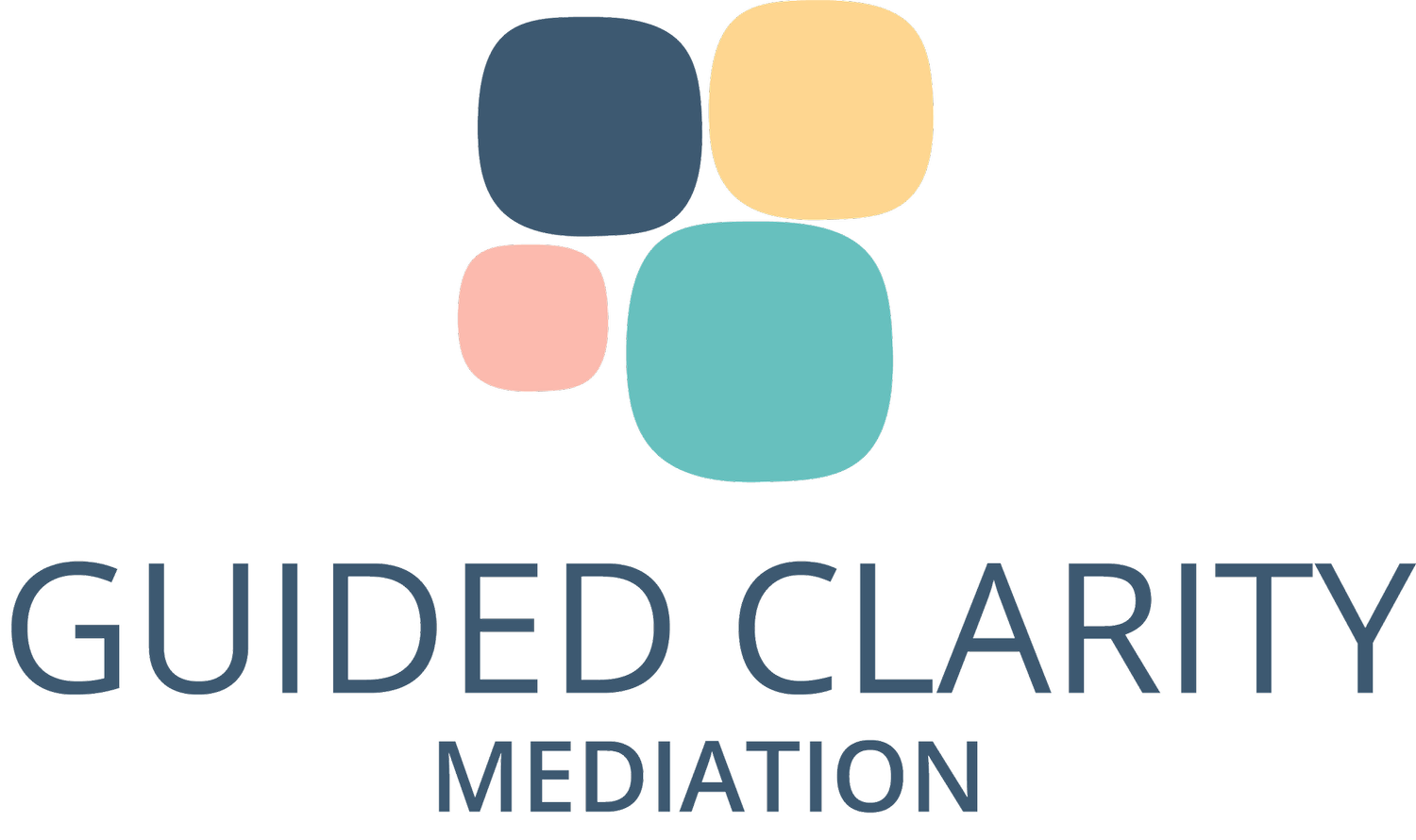- CPD Series -
Psychosocial Safety in Family Dispute Resolution
This CPD session is designed for FDRPs and practitioners working in FDV contexts, offering evidence-based strategies to manage psychosocial risks and maintain safe, sustainable practice.
Addressing Trauma Exposure and Role Pressures in FDV Practice
Part 2: Trauma Exposure and FDV Hazards in FDR and Legal Practice
Date: Thursday, 13 November 2025
Time: 4:00pm – 5:30pm (AEST)
Format: Online webinar (live + material access)
CPD: 1.5 Units (self-assessed)
Fee: Free
Overview
Working in family and domestic violence (FDV) contexts carries unique psychosocial risks. Practitioners can be exposed to traumatic stories and face real pressures trying to remain neutral while also recognising and acting on safety concerns.
Over time, these demands can lead to stress, burnout, or ethical strain.
Together, we will explore:
how trauma exposure affects practitioners,
early warning signs of stress and vicarious trauma, and
how to apply defensible “identify → assess → control → review” steps aligned to the Managing Psychosocial Hazards Code of Practice and FDR practice.
It is also an opportunity to connect with like-minded professionals, share best-practice approaches, and strengthen a supportive community across mediation and family law.
Recognise psychosocial hazards in FDV contexts, including trauma exposure and pressures balancing neutrality with safety.
Understand how these hazards can escalate to stress, burnout, or unsafe practice.
Apply practical strategies to manage psychosocial risks and support safe, sustainable practice.
Learning Outcomes
Participants will:
Why This Matters (Accreditation & Risk)
Accreditation duty: FDRPs must complete 24 hours of CPD in every 2-year cycle, including family violence training, to maintain accreditation under the Family Law (Family Dispute Resolution Practitioner) Regulations 2025.
Practice risk: FDV contexts increase exposure to vicarious trauma and neutrality–safety pressures, raising the likelihood of practitioner burnout and unsafe agreements.
Defensible action: Applying structured steps (identify → assess → control → review) and documenting your decision-making supports both compliance and safe practice.
Practical value: This training gives you real-world tools to manage FDV-specific hazards, safeguard your wellbeing, and protect client outcomes.
Michelle Lovell
Psychologist · FDRP · Consultant in Psychosocial Risk Management
Michelle’s background spans organisational and clinical psychology and family law dispute resolution. Michelle consults on psychosocial risk management and delivers evidence-based training on psychosocial hazards, vicarious trauma and safe work design. Her work translates the Managing Psychosocial Hazards at Work Code of Practice into practical, defensible controls relevant to legal and mediation settings.
Presenter
Solicitors: aligns with Practice Management & Business Skills and Professional Skills.
FDRPs: contributes to 24 hours in 24 months CPD cycle; directly relevant to FDV-adjacent practice.
Certificate: issued for recorded completion. If this activity is relevant to your professional development and the practice of law, claim one unit per hour of attendance (breaks excluded).
CPD & Compliance Notes







